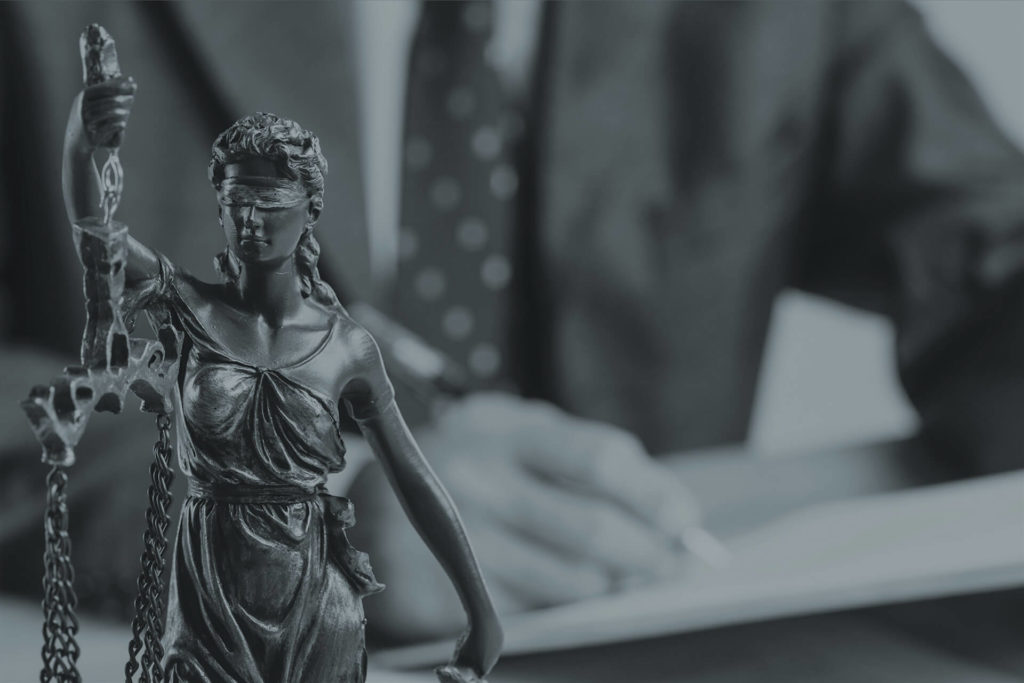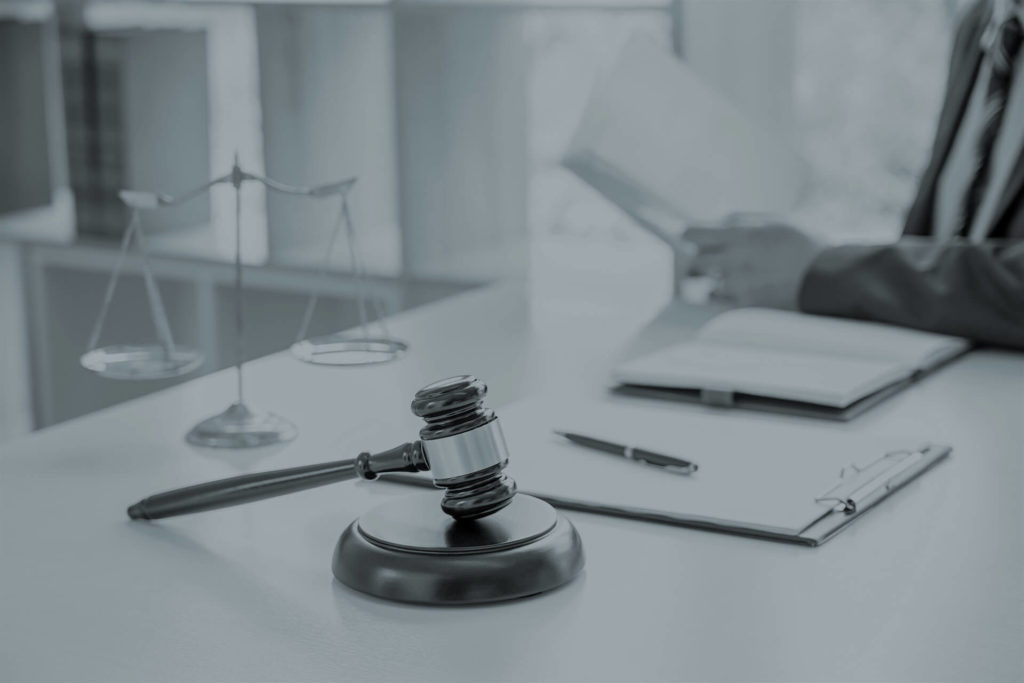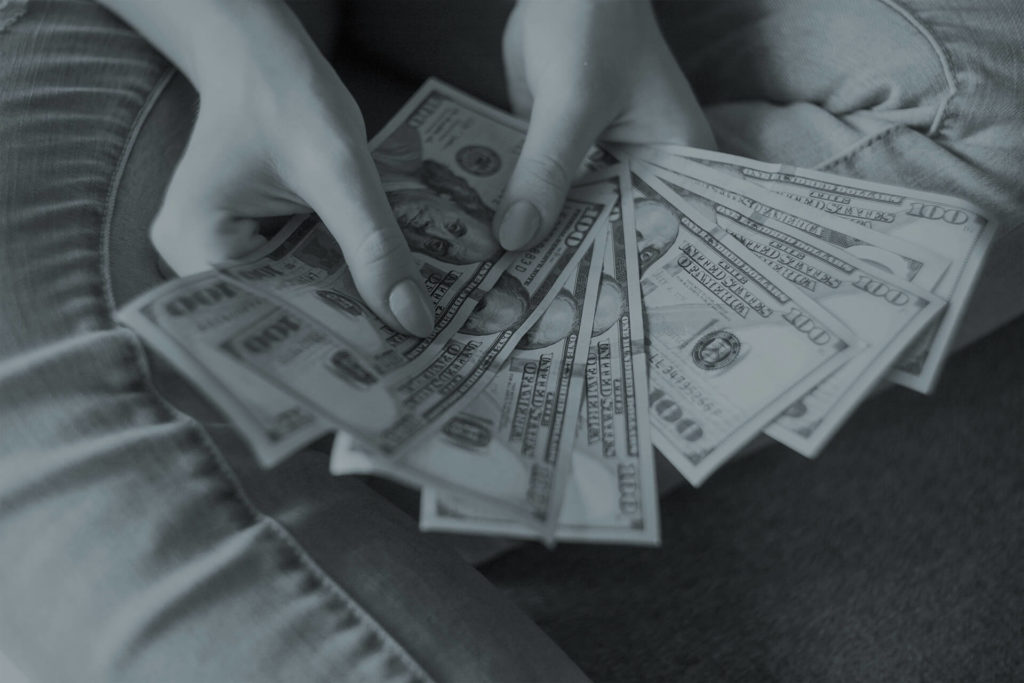Send your enquiry.
Contact us for a free, initial no obligation consultation.
"*" indicates required fields
Your information is safe and treated in accordance with our Privacy Policy
Ex-tennis star Boris Becker has been jailed for two and a half years for bankruptcy fraud. The former Wimbledon champion hid £2.5 million worth of assets to avoid paying his debts.
In this article, we examine the case in more detail, explaining what bankruptcy fraud is, what the penalties are and what to do if you face similar allegations.
Bankruptcy fraud solicitors
If you are accused of bankruptcy fraud, speak to our fraud and financial crime solicitors. We can help you. Contact us now for a free, confidential enquiry. We are available to take your call 24 hours a day, 7 days a week.
Boris Becker’s bankruptcy fraud
The story begins back in 2017, when Becker was declared bankrupt over an unpaid loan of more than £3 million on a property in Mallorca, Spain. A trustee was appointed to take control of his assets so they could be distributed to Becker’s creditors, to whom he owed nearly £50 million.
Under UK law, individuals facing bankruptcy proceedings must co-operate fully with the trustee appointed to their case. This means providing full and frank disclosure regarding their assets and debts. It is illegal to hide or transfer assets to avoid repaying debts.
However, that is exactly what Becker was convicted of. He was found to have transferred £390,000 to friends and family, including his ex-wives. Becker also failed to declare his share in a German property and a technology firm, and concealed a £700,000 debt.
Convicted under the Insolvency Act
The court found Becker guilty of four charges under the Insolvency Act. The charges were one count of removal of property, two counts of failing to disclose estate and one count of concealing debt. He was cleared of 20 other charges, including failing to hand over his tennis medals and trophies.
The 54-year-old was given a two-and-a-half-year jail sentence, half of which will be served on licence. Becker’s former 2002 conviction in Germany for tax evasion was an aggravating factor in sentencing, with Judge Deborah Taylor telling him:
“You did not heed the warning you were given and the chance you were given by the suspended sentence and that is a significant aggravating factor…You have… sought to distance yourself from your offending and your bankruptcy.”
Chief executive of the Insolvency Service, Dean Beale, said: “Boris Becker’s sentence clearly demonstrates that concealing assets in bankruptcy is a serious offence for which we will prosecute and bring offenders to justice.”
What is bankruptcy?
When an individual is declared bankrupt, it means they are unable to pay their debts or honour their financial obligations. You can file for bankruptcy yourself. Or, one of your creditors can make a bankruptcy petition to the court.
Co-operating with the official receiver
Either way, if you are deemed to be bankrupt, a bankruptcy order is issued. An official receiver is then appointed to manage your case. The official receiver takes control of your property and assets. You must provide full disclosure regarding all of your available assets and debts.
Once your true financial position is known, and the extent of your debt established, the official receiver appoints a trustee (or the official receiver may become the trustee). The trustee is responsible for distributing your assets amongst your creditors.
As the person being made bankrupt, you are legally required to co-operate with the official receiver/trustee. Failing to do so amounts to a criminal offence under the Insolvency Act, and is commonly referred to as bankruptcy fraud. As in the case of Boris Becker, this can lead to a criminal prosecution and even imprisonment.
What is bankruptcy fraud?
Boris Becker was convicted of four different charges, but they all fall under the banner of bankruptcy fraud. Bankruptcy fraud is when you transfer, conceal or dispose of assets during bankruptcy proceedings to avoid repaying your debts.
Examples of bankruptcy fraud
Bankruptcy fraud is dealt with under Part VI of the Insolvency Act 1986. There are various offences, including:
Non-disclosure
Non-disclosure is when the bankrupt does not disclose all the property in his estate, or does not disclose the disposal of any property.
Concealment of property
Concealment of property is when the bankrupt does not deliver up any property under his control or possession. It can also relate to situations where the bankrupt conceals debts that are either due to be paid out or recovered from another person/organisation.
Concealment of book and papers; falsification
This is when the bankrupt does not deliver up possession of all books, papers or records which relate to their estate or financial affairs.
False statements
This is when the bankrupt falsifies statements relating to his financial affairs. This might include making up information, or deleting/omitting information from documents.
Fraudulent disposal of property
Fraudulent disposal of property is when the bankrupt gifts or transfers his property, or makes attempts to. This might be done before or during bankruptcy proceedings.
Absconding
In the context of bankruptcy, this offence is when the bankrupt leaves, or attempts to leave, England or Wales with property that should be handed over to the official receiver/trustee.
Fraudulent dealing with property obtained on credit
This is when, in the lead-up to bankruptcy proceedings, the bankrupt disposes of property which has been obtained on credit but has not been paid for.
Obtaining credit; engaging in business
This is when the bankrupt obtains credit without informing the creditor about his insolvent status. It can also apply when the bankrupt engages in business under a different name to conceal their bankruptcy status.
What are the penalties for bankruptcy fraud?
Bankruptcy fraud carries a maximum sentence of seven years’ imprisonment.
You face certain restrictions when you are made bankrupt. For example, you cannot act as the director of a company without the court’s permission. These restrictions ordinarily last for 12 months. If you are convicted of bankruptcy fraud, the court may also extend these bankruptcy restrictions for up to 15 years.
Are there defences to bankruptcy fraud?
The main defence to bankruptcy fraud is that you did not intend to commit fraud or mislead the official receiver/trustee.
The issue of intent is key to all fraud cases, including where bankruptcy fraud is alleged. To be found guilty, the prosecution must show that you:
Deliberately misrepresented important information that was relevant to your bankruptcy; and
Intended to deceive or hinder the official receiver or trustee
If you simply made mistakes or oversights, which in turn affected the official receiver’s job, then this is unfortunate – but it does not amount to fraud. This is because you did not intend to make a financial gain, or bring about a loss to your creditors.
There may also be other mitigating factors that need to be brought to the court’s attention. For example, in the case of Boris Becker, his defence barrister argued that his client was too “trusting and reliant” on his advisers at the time of his bankruptcy.
What to do if you’re accused of bankruptcy fraud
If the official receiver or trustee appointed to your case believes that you have acted fraudulently, the Insolvency Service will pursue a prosecution against you. This is a criminal prosecution and, if there is a reasonable prospect of conviction, the case will go to court.
If you have been accused of bankruptcy fraud, you need to get expert legal advice fast. The Insolvency Service is committed to tackling all types of fraud, including bankruptcy fraud. As the chief executive of the Insolvency Service said following Becker’s conviction:
“This…serves as a clear warning to those who think they can hide their assets and get away with it. You will be found out and prosecuted.”
Bankruptcy fraud solicitors
Our fraud and financial crime solicitors represent those accused of bankruptcy fraud. We have a vast amount of experience defending fraud offences. We work hard to tip the odds in your favour. Bankruptcy fraud is a serious allegation and can result in imprisonment – even for celebrities such as Boris Becker. It is vital to have a legal expert on your side.
We understand that being made bankrupt is an upsetting time. Being accused of fraud on top of that will only add to the stress of the situation. All discussions with our solicitors remain confidential and are subject to legal privilege.
For a free initial enquiry, call us on 0333 009 6275. We are available 24 hours a day, 7 days a week.
You can also email us on enquiries@ashmanssolicitors.com or complete our Free Online Enquiry Form and we will contact you.




